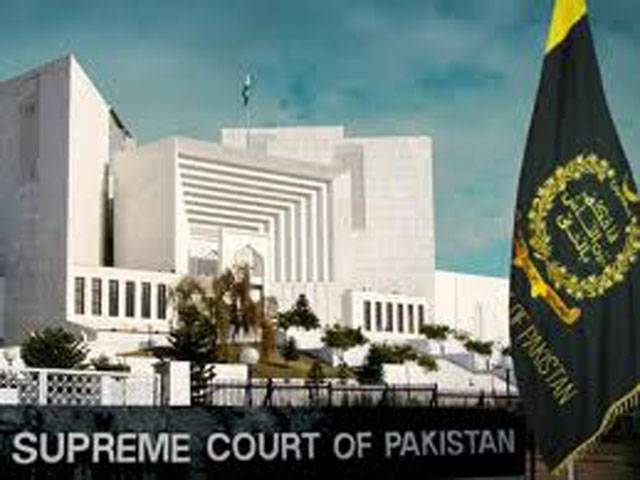ISLAMABAD – An intelligence report submitted in the Supreme Court during Wednesday’s hearing of the suo moto notice taken in the aftermath of the deadly blast in Balochistan’s Quetta city revealed the government had prior information of the attack.
Terrorists had planned to bomb a religious procession of the Hazara community on January 10, but then they changed their plan and carried out a blast on February 16 instead, detailed the ISI report which was read out in the courtroom and was requested to be kept confidential. It stated the ISI had warned the government of a possible terrorist attack beforehand.
Chief Justice Iftikhar Muhammad Chaudhry, who was heading a three-judge bench, questioned why the security agencies had failed to act on intelligence. He questioned the justification behind doing nothing if the provincial government had the information available on January 27, noting that it was 35 to 40 per cent accurate. Justice Chaudhry observed that the intelligence agencies had completed their job, but the civil administration could not take steps to counter the attack. Upon this, the Balochistan advocate general replied the government received many intelligence reports and in most cases they did not know where an attack might take place.
To this, Justice Chaudhry said all concerned institutions should have conducted search operations.
When the chief justice inquired that the court had called a report from all the intelligence agencies, Defence Secretary Asif Yaseen Malik replied the ISI was the only civil face to counter terrorism and that the Military Intelligence had no directly involvement in such matters.
According to the ISI report, the information about obtaining of explosive from Lahore and possibility of fresh terror attacks on the Shia community on the day of the chehlum was shared with the civil administration. The IB report, submitted by Interior Secretary Khawaja Siddique Akbar, said the civil administration had failed to avert the incident by not acting timely.
Balochistan Additional Home Secretary Saqib Javaid told the bench the provincial administration had transferred the DIG (Operations). He said they had arrested seven persons, of them four – Shah Wali Mukaram, Abdul Wahab, Naeem Khan and Anwar Khan – were the assassins, financer and mastermind of the bombing. The water tanker used by them was prepared in a garage in Hazar Gunji, added Javaid.
Deputy Attorney General Shafi Chandio stated that AGP Irfran Qadir was sick and could not attend the proceedings. He said the parliamentary delegation met with the Hazara protesters in Quetta. He informed the court that the cabinet meeting, chaired by Prime Minister Raja Pervaiz Ashraf, was specifically summoned to discuss the Quetta incident. Chandio on a number of occasion said they wanted to give in-camera briefing about Balochistan.
The hearing was adjourned till Thursday.
When the proceedings began in the morning, no one from the federal or the provincial governments was present. The justices had to wait for the attorney general and the defence and interior secretaries.
Earlier, the court asked the president, prime minister and the Balochistan governor to submit their replies through the attorney general for Pakistan regarding the incident. The court also summoned the Balochistan home secretary, Quetta CCPO and Frontier Corps commandant to appear in person on Thursday and submit reports on the steps taken to avert the bomb blast.
Friday, April 19, 2024
SC rues lack of will to avert Quetta blast

Parvez Elahi’s indictment delayed again in two cases
April 19, 2024
SC suspends ECP’s re-polling order in PP-51
April 19, 2024
Court approves plea bargain of Parvez Elahi’s co-accused
April 19, 2024
Zardari creates another parliamentary record
April 19, 2024
KP politicians, civil society laud President’s address
April 19, 2024
A Tense Neighbourhood
April 19, 2024
Dubai Underwater
April 19, 2024
X Debate Continues
April 19, 2024
Hepatitis Challenge
April 18, 2024
IMF Predictions
April 18, 2024
Kite tragedy
April 19, 2024
Discipline dilemma
April 19, 2024
Urgent plea
April 19, 2024
Justice denied
April 18, 2024
AI dilemmas unveiled
April 18, 2024
ePaper - Nawaiwaqt
Advertisement
Nawaiwaqt Group | Copyright © 2024





